Dates are a popular and delicious type of fruit that come in various forms, colors, and tastes. Two common types of dates that are widely consumed are dry dates and black dates. While they both belong to the same fruit family and offer a range of health benefits, there are some key differences between the two that may influence your preference. In this article, we will explore the characteristics, nutritional value, taste, and uses of dry dates versus black dates to help you make an informed decision when choosing between the two.
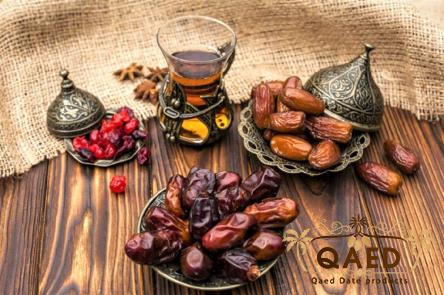
.
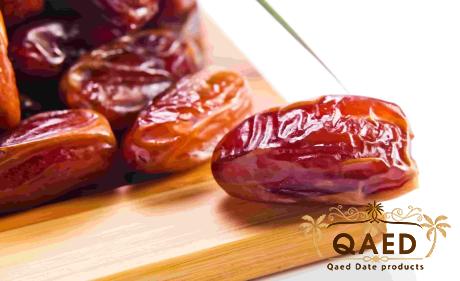 Let’s start by looking at the appearance and texture of dry dates and black dates. Dry dates are typically small and wrinkled, with a firm texture and a chewy consistency. Their skin tends to be slightly sticky, and they are often darker in color compared to black dates. On the other hand, black dates are larger and softer, with a smoother skin and a juicier texture. The color of black dates ranges from deep brown to black, giving them a rich and succulent appearance. When it comes to taste, dry dates are known for their intense sweetness and rich flavor. They have a caramel-like taste with hints of molasses, making them a popular choice for adding natural sweetness to desserts, smoothies, and baked goods. In contrast, black dates have a milder and more subtle sweetness, with a slight tanginess that adds depth to their flavor profile. Some people prefer the complex taste of black dates, while others enjoy the bold and straightforward sweetness of dry dates. In terms of nutritional value, both dry dates and black dates are packed with essential vitamins, minerals, and antioxidants that can benefit your health. Dry dates are a good source of fiber, potassium, magnesium, and iron, which are important for maintaining digestive health, regulating blood pressure, supporting muscle function, and preventing anemia. They are also rich in antioxidants such as flavonoids and carotenoids, which help protect your cells from damage caused by free radicals.
Let’s start by looking at the appearance and texture of dry dates and black dates. Dry dates are typically small and wrinkled, with a firm texture and a chewy consistency. Their skin tends to be slightly sticky, and they are often darker in color compared to black dates. On the other hand, black dates are larger and softer, with a smoother skin and a juicier texture. The color of black dates ranges from deep brown to black, giving them a rich and succulent appearance. When it comes to taste, dry dates are known for their intense sweetness and rich flavor. They have a caramel-like taste with hints of molasses, making them a popular choice for adding natural sweetness to desserts, smoothies, and baked goods. In contrast, black dates have a milder and more subtle sweetness, with a slight tanginess that adds depth to their flavor profile. Some people prefer the complex taste of black dates, while others enjoy the bold and straightforward sweetness of dry dates. In terms of nutritional value, both dry dates and black dates are packed with essential vitamins, minerals, and antioxidants that can benefit your health. Dry dates are a good source of fiber, potassium, magnesium, and iron, which are important for maintaining digestive health, regulating blood pressure, supporting muscle function, and preventing anemia. They are also rich in antioxidants such as flavonoids and carotenoids, which help protect your cells from damage caused by free radicals.
..
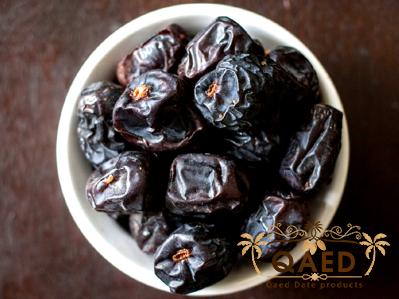 Black dates, on the other hand, are higher in vitamin C and vitamin K, which are crucial for immune function, collagen production, and blood clotting. They also contain higher levels of calcium and phosphorus, which play a key role in maintaining strong bones and teeth. Additionally, black dates are a good source of natural sugars, such as glucose and fructose, which provide a quick and sustainable energy boost. When it comes to culinary uses, both dry dates and black dates are versatile ingredients that can be enjoyed in various ways. Dry dates are often used in baking recipes, energy bars, granola mixes, and trail mixes to add sweetness and texture. They can also be blended into smoothies, chopped and sprinkled over salads, or stuffed with nuts and nut butter for a healthy snack. Black dates are commonly eaten fresh as a snack, enjoyed on their own, or paired with cheese and nuts for a simple appetizer. They can also be incorporated into savory dishes, such as stews, tagines, and rice pilafs, to add a touch of sweetness and complexity to the flavor profile. In conclusion, both dry dates and black dates have their own unique characteristics, flavors, and nutritional benefits. Whether you prefer the intense sweetness of dry dates or the subtle tanginess of black dates, incorporating these delicious fruits into your diet can be a great way to boost your health and satisfy your sweet cravings. Next time you’re at the grocery store or market, why not pick up a pack of dry dates and black dates and experiment with different ways to enjoy these wholesome and nutritious fruits. Your taste buds and your body will thank you for it. As you explore the world of dates, you may find that incorporating both dry dates and black dates into your diet can offer a diverse range of flavors and nutrients. Whether you enjoy the chewy sweetness of dry dates or the juicy richness of black dates, these fruits are excellent additions to any balanced diet. One of the key benefits of consuming dates is their high fiber content. Fiber is essential for digestive health, as it helps promote regular bowel movements, prevent constipation, and support a healthy gut microbiome.
Black dates, on the other hand, are higher in vitamin C and vitamin K, which are crucial for immune function, collagen production, and blood clotting. They also contain higher levels of calcium and phosphorus, which play a key role in maintaining strong bones and teeth. Additionally, black dates are a good source of natural sugars, such as glucose and fructose, which provide a quick and sustainable energy boost. When it comes to culinary uses, both dry dates and black dates are versatile ingredients that can be enjoyed in various ways. Dry dates are often used in baking recipes, energy bars, granola mixes, and trail mixes to add sweetness and texture. They can also be blended into smoothies, chopped and sprinkled over salads, or stuffed with nuts and nut butter for a healthy snack. Black dates are commonly eaten fresh as a snack, enjoyed on their own, or paired with cheese and nuts for a simple appetizer. They can also be incorporated into savory dishes, such as stews, tagines, and rice pilafs, to add a touch of sweetness and complexity to the flavor profile. In conclusion, both dry dates and black dates have their own unique characteristics, flavors, and nutritional benefits. Whether you prefer the intense sweetness of dry dates or the subtle tanginess of black dates, incorporating these delicious fruits into your diet can be a great way to boost your health and satisfy your sweet cravings. Next time you’re at the grocery store or market, why not pick up a pack of dry dates and black dates and experiment with different ways to enjoy these wholesome and nutritious fruits. Your taste buds and your body will thank you for it. As you explore the world of dates, you may find that incorporating both dry dates and black dates into your diet can offer a diverse range of flavors and nutrients. Whether you enjoy the chewy sweetness of dry dates or the juicy richness of black dates, these fruits are excellent additions to any balanced diet. One of the key benefits of consuming dates is their high fiber content. Fiber is essential for digestive health, as it helps promote regular bowel movements, prevent constipation, and support a healthy gut microbiome.
…
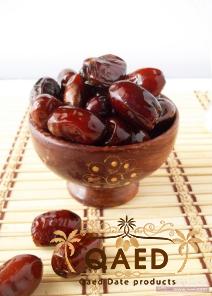 Both dry dates and black dates are rich in fiber, making them a great natural remedy for digestive issues and a convenient snack option to keep you feeling full and satisfied throughout the day. In addition to fiber, dates are also a good source of natural sugars, such as glucose, fructose, and sucrose. These sugars provide a quick energy boost, making dates an ideal snack choice for athletes, hikers, and anyone in need of a quick pick-me-up. The carbohydrates in dates are easily digestible and can help replenish glycogen stores in the muscles after a workout, making them a popular choice for post-exercise fuel. Furthermore, dates are packed with vitamins and minerals that are essential for overall health and well-being. Dry dates are particularly rich in iron, which is important for maintaining healthy blood cells and preventing iron deficiency anemia. Black dates, on the other hand, are a good source of vitamin C, which supports immune function and collagen production, as well as vitamin K, which plays a role in blood clotting and bone health. Antioxidants are another key component of dates that help protect your cells from damage caused by harmful free radicals. Dry dates contain antioxidants like flavonoids and carotenoids, which have anti-inflammatory and anti-cancer properties. Black dates, on the other hand, are rich in polyphenols, which have been linked to a reduced risk of chronic diseases such as heart disease, diabetes, and cancer. When it comes to cooking and baking, dates can be a versatile ingredient that adds natural sweetness and depth of flavor to a wide range of dishes. Dry dates can be used to sweeten oatmeal, yogurt, and smoothie bowls, or chopped and mixed into cookie dough, muffin batter, and energy bars. Black dates are perfect for making date paste, which can be used as a healthier alternative to sugar in baking recipes, salad dressings, marinades, and sauces. In conclusion, the choice between dry dates and black dates ultimately comes down to personal preference and how you plan to use them in your culinary creations. Both types of dates offer a host of health benefits, including fiber, vitamins, minerals, antioxidants, and natural sugars, making them a nutritious and delicious addition to any diet. So next time you’re looking for a tasty and nutritious snack or ingredient, consider reaching for a pack of dates and exploring the wonderful world of flavors and nutrients that these versatile fruits have to offer.
Both dry dates and black dates are rich in fiber, making them a great natural remedy for digestive issues and a convenient snack option to keep you feeling full and satisfied throughout the day. In addition to fiber, dates are also a good source of natural sugars, such as glucose, fructose, and sucrose. These sugars provide a quick energy boost, making dates an ideal snack choice for athletes, hikers, and anyone in need of a quick pick-me-up. The carbohydrates in dates are easily digestible and can help replenish glycogen stores in the muscles after a workout, making them a popular choice for post-exercise fuel. Furthermore, dates are packed with vitamins and minerals that are essential for overall health and well-being. Dry dates are particularly rich in iron, which is important for maintaining healthy blood cells and preventing iron deficiency anemia. Black dates, on the other hand, are a good source of vitamin C, which supports immune function and collagen production, as well as vitamin K, which plays a role in blood clotting and bone health. Antioxidants are another key component of dates that help protect your cells from damage caused by harmful free radicals. Dry dates contain antioxidants like flavonoids and carotenoids, which have anti-inflammatory and anti-cancer properties. Black dates, on the other hand, are rich in polyphenols, which have been linked to a reduced risk of chronic diseases such as heart disease, diabetes, and cancer. When it comes to cooking and baking, dates can be a versatile ingredient that adds natural sweetness and depth of flavor to a wide range of dishes. Dry dates can be used to sweeten oatmeal, yogurt, and smoothie bowls, or chopped and mixed into cookie dough, muffin batter, and energy bars. Black dates are perfect for making date paste, which can be used as a healthier alternative to sugar in baking recipes, salad dressings, marinades, and sauces. In conclusion, the choice between dry dates and black dates ultimately comes down to personal preference and how you plan to use them in your culinary creations. Both types of dates offer a host of health benefits, including fiber, vitamins, minerals, antioxidants, and natural sugars, making them a nutritious and delicious addition to any diet. So next time you’re looking for a tasty and nutritious snack or ingredient, consider reaching for a pack of dates and exploring the wonderful world of flavors and nutrients that these versatile fruits have to offer.

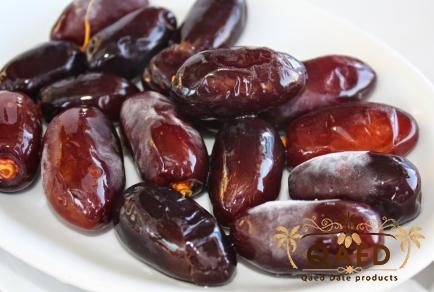
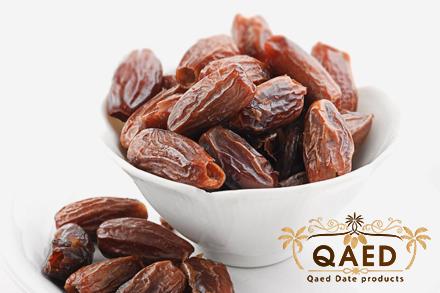
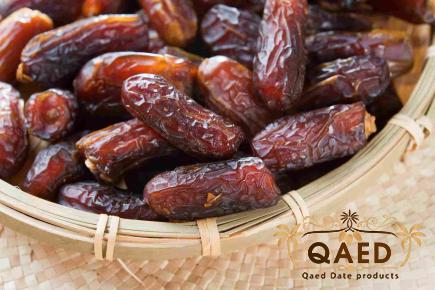
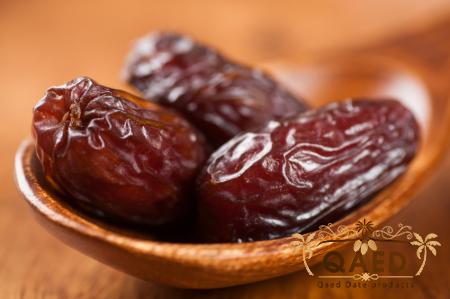
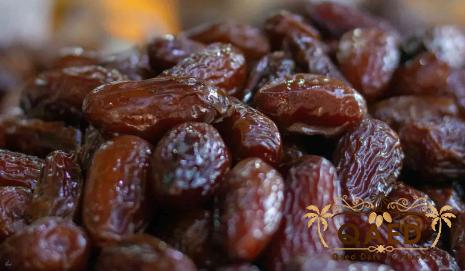
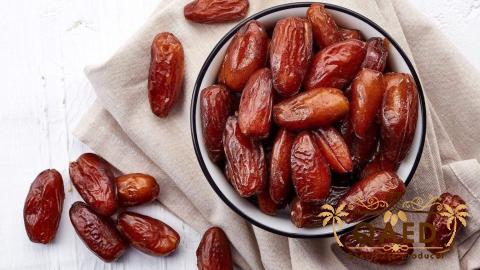
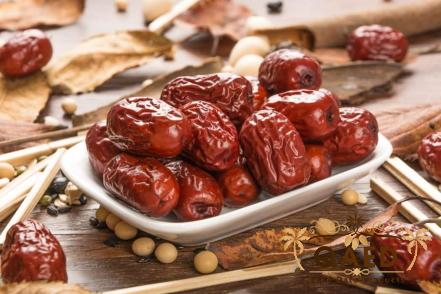
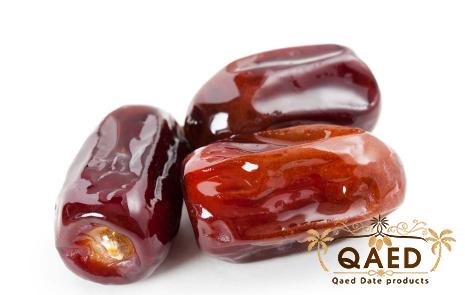
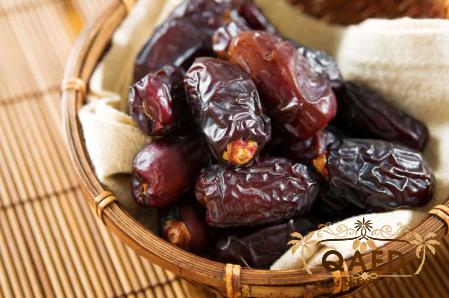
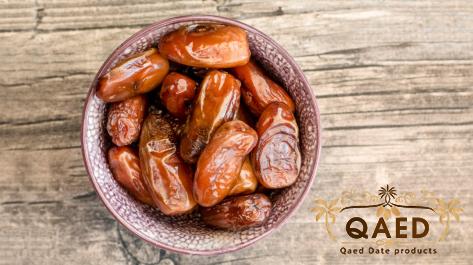
Your comment submitted.